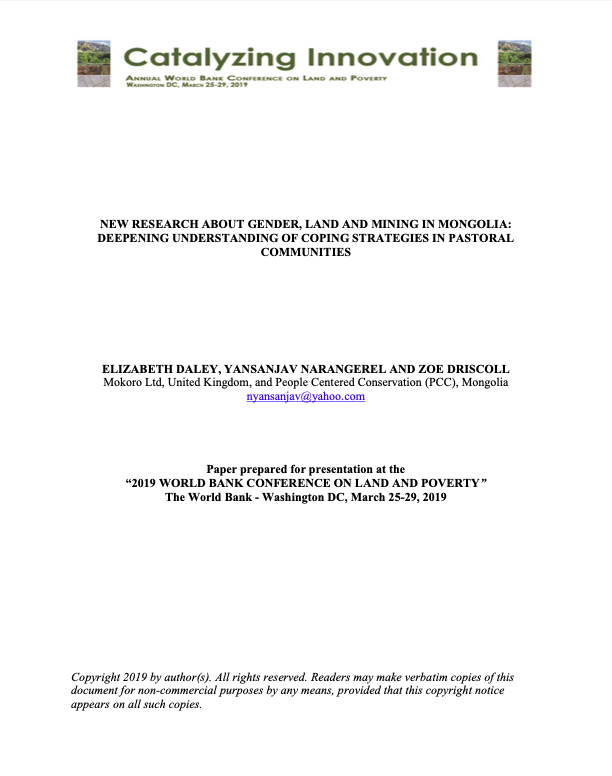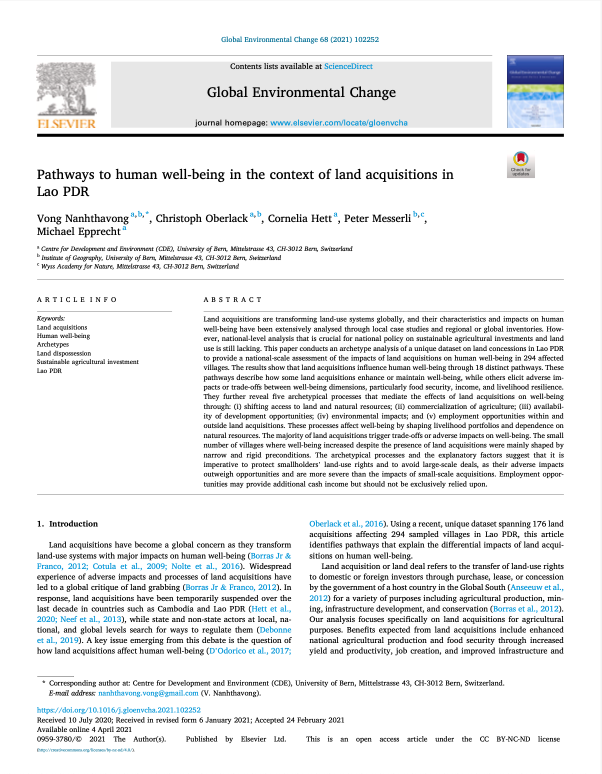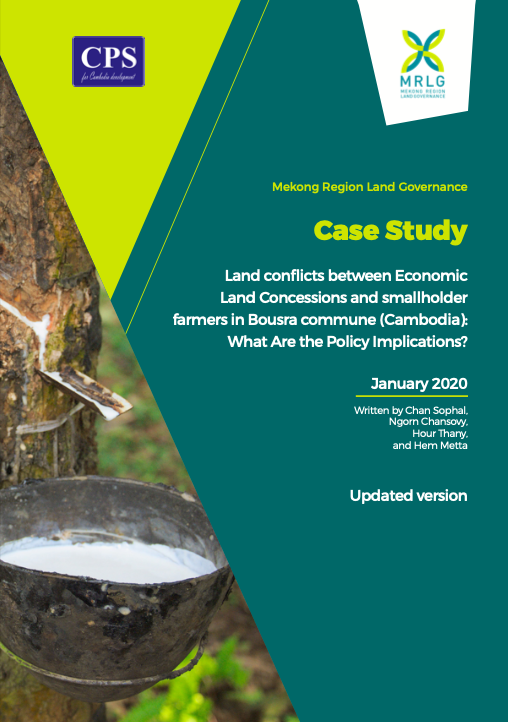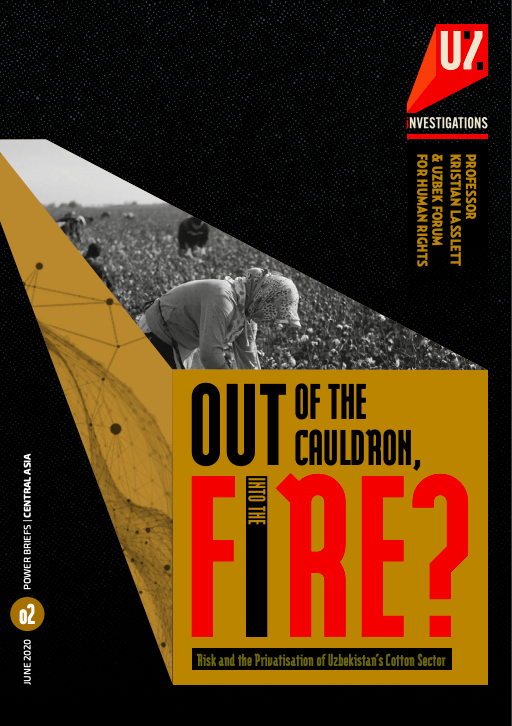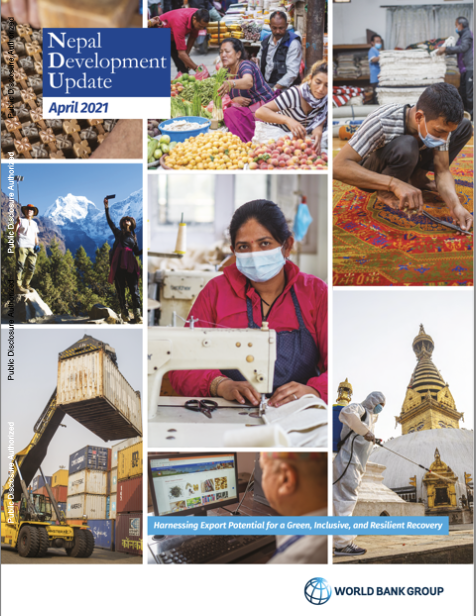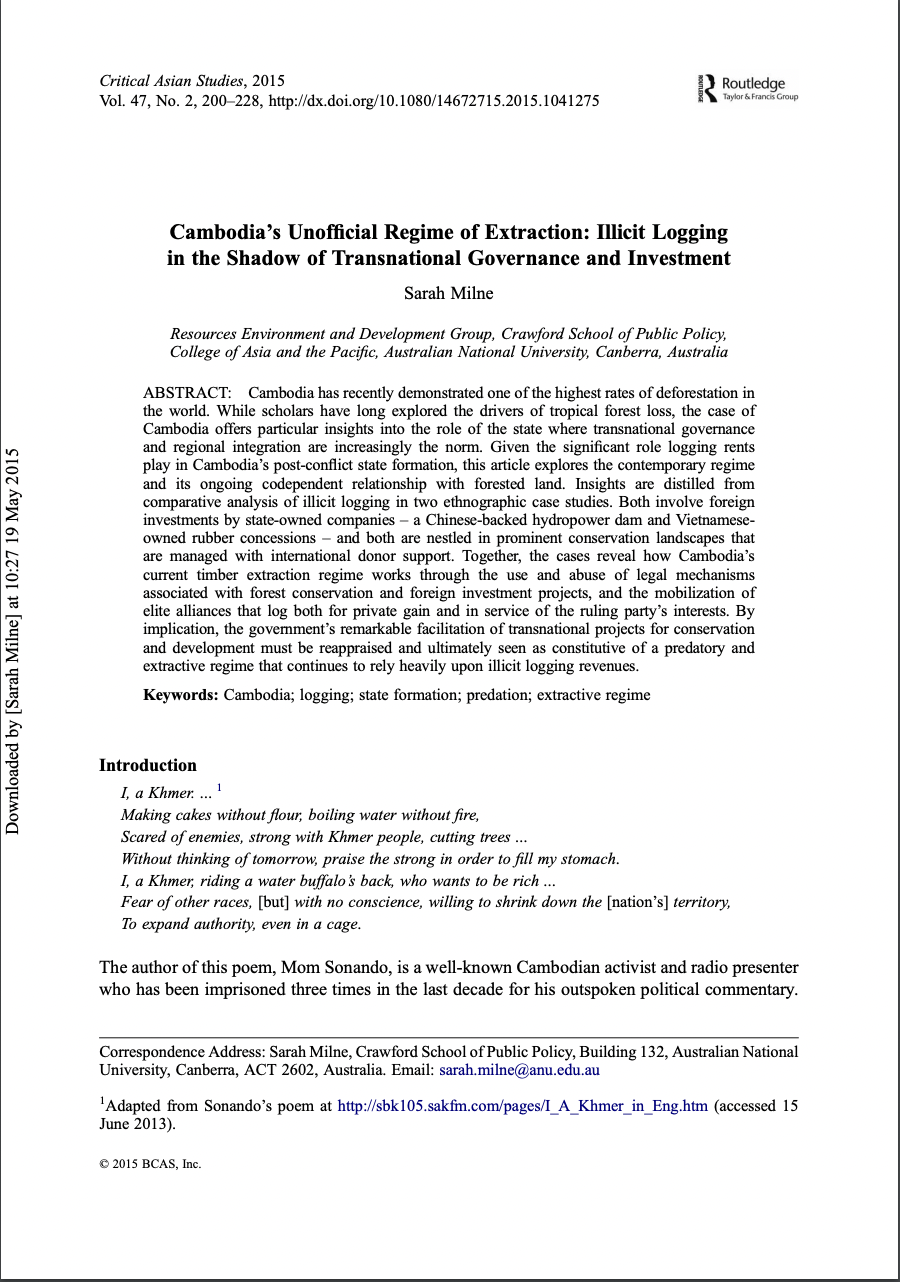Large scale land acquisitions for investment in Kenya : is the participation, and benefits of affected local communities meaningful, and equitable? - a case study of the situation in Lamu, Isiolo and Siaya counties
The paper examines the pace of land acquisitions in terms of creating legislative and policy options to safeguard local communities that are directly affected, including compensation for land that is taken, and protecting community interests in the socio-economic and environmental continuum of investment projects, from design to implementation. The absence or weakness of formal landholding and land registration systems was evident in most research sites in Isiolo and Lamu.






